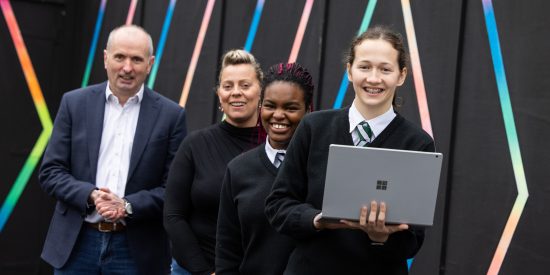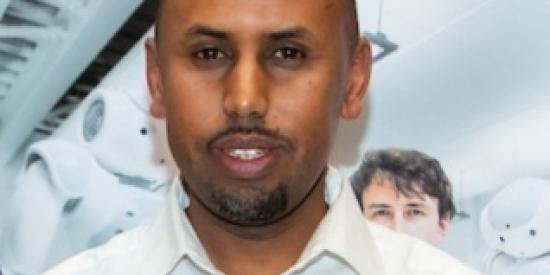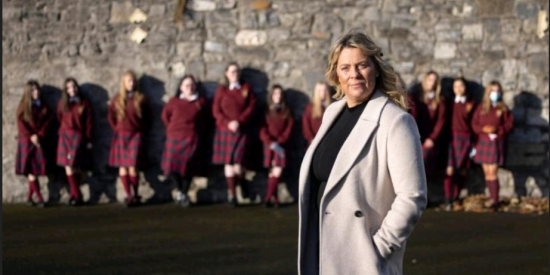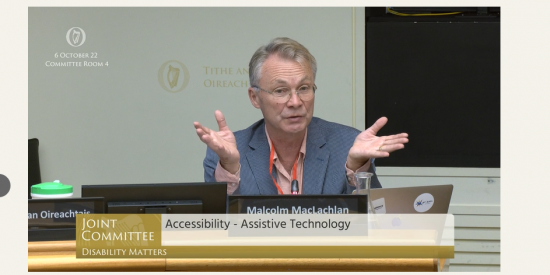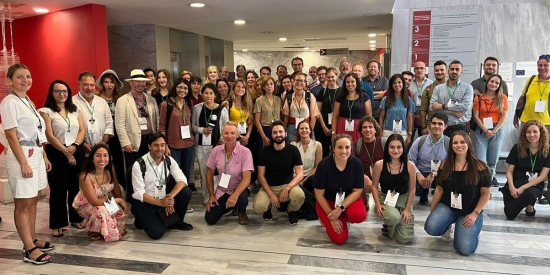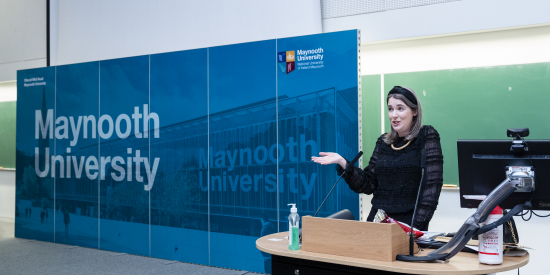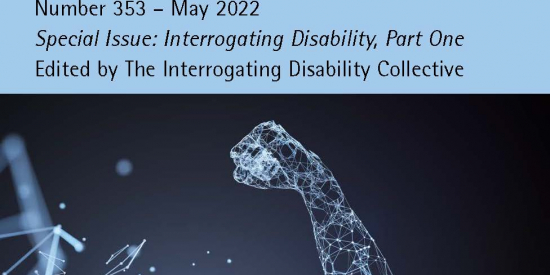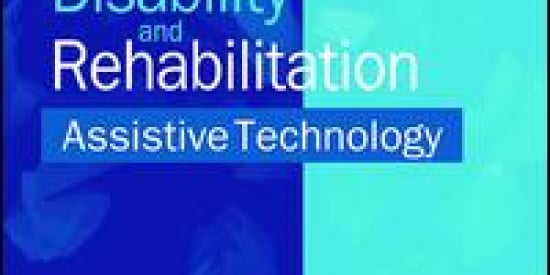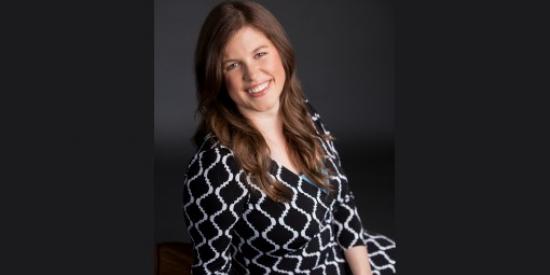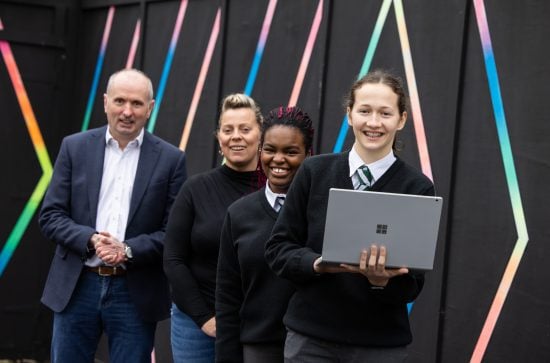
Minister for Further and Higher Education, Research, Innovation and Science Simon Harris TD, and Minister for Education Norma Foley TD, have announced €1.2 million in funding to extend the STEM Passport for Inclusion project.
The project, led by Dr Katriona O’Sullivan at Maynooth University, addresses gender inequalities among female pupils in socially disadvantaged communities through an innovative programme of mentoring and education supports.
The €1.2 million project will be funded jointly by the Science Foundation Ireland (SFI) Discover Programme (€300k), the Department of Education (€300k), and Microsoft Ireland (€600k).
Speaking about the project, Minister Simon Harris said: “I am delighted to announce today that €1.2million has been awarded to the STEM Passport for Inclusion project. This is a really worthy programme which aims to engage Transition Year girls with STEM, opening pathways to further and higher education. My Department is committed to increasing the number of women and girls studying and working in STEM subjects. I hope that initiatives like this one will help to inspire a new generation of female leadership in science, research, and innovation.”
Minister Foley said: “I would like to congratulate Katriona O’Sullivan and her team on this wonderful initiative. The Recommendations on Gender Balance in STEM Education launched earlier this year, illustrated the importance of encouraging female participation in STEM. In Ireland, out of almost 120,000 people working in STEM, just one-quarter are women. The STEM Passport for Inclusion project was included in the recommendations and is an excellent initiative which aims to make STEM subjects more accessible and attractive to female students across the country.”
The STEM Passport for Inclusion offers female secondary school students the opportunity to graduate with a university-accredited STEM skills module, and to develop a meaningful mentoring relationship with women in Industry. Recent research conducted by Maynooth University has shown that 16% of female students were not studying a science subject at Higher Level for the Leaving Certificate, while 6% of female students do not have the opportunity to study STEM subjects at Secondary level. The initiative provides a platform for girls to understand, participate and celebrate STEM, in order to increase STEM awareness and create pathways to further and higher education in STEM.
Dr Katriona O’Sullivan, of Maynooth University’s Assisting Living and Learning (ALL) Institute, said: “I am delighted that STEMp.inc has got the combined support of SFI, the Department of Education and Microsoft to expand nationally. We aim to ensure that every young woman, irrespective of socio-economic background, gets a chance to see where they fit in the STEM eco-system. I am looking forward to growing our partnerships with Atlantic Technological University, and Munster Technological University and other industry partners, as well as expanding our work with Microsoft’s Dream Space team as their vision and passion for STEM has ensured that the 1,250 young women we have worked with so far are motivated and ready to excel in the STEM workforce.”
The STEM Passport for Inclusion programme was co-designed by the education leads at Microsoft Ireland and Maynooth University and is delivered by Microsoft’s Dream Space team at its campus in Leopardstown, Dublin, and in the RDI Hub in Kerry. The national programme will empower 5,000 Transition Year girls from unrepresented communities to gain a Level 6 STEM qualification, which may not otherwise be available to them, and go on to apply for STEM courses at Maynooth University, Munster Technological University and Atlantic Technological University.

